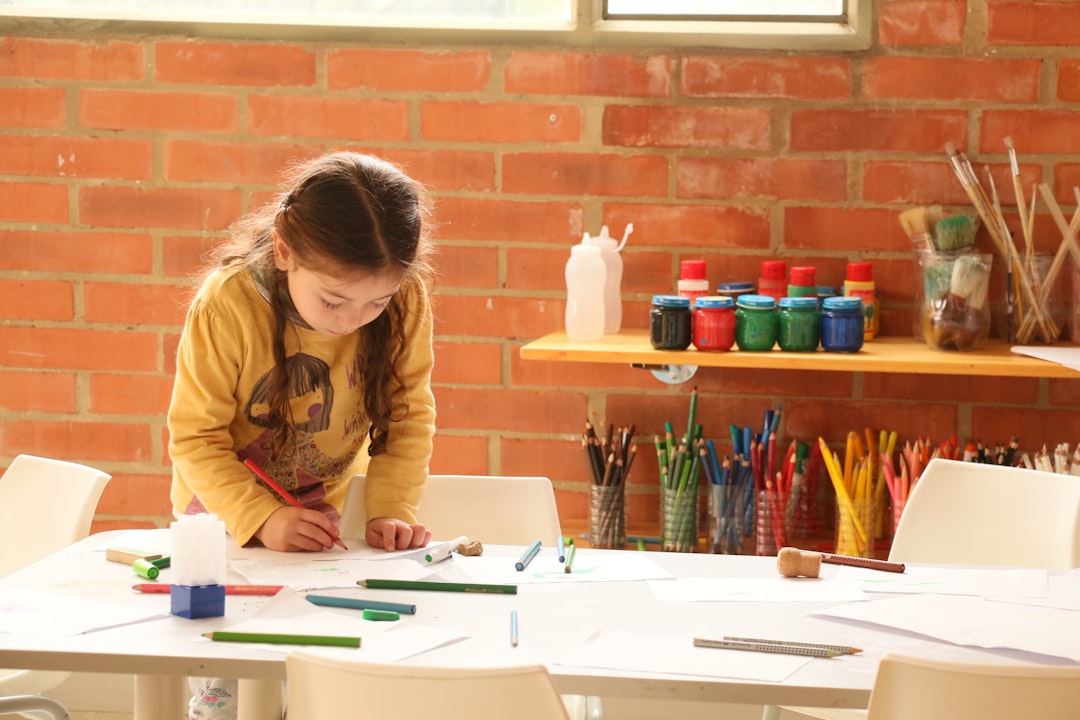Promoting Environmental Education: Preparing Students for a Sustainable Future
In today’s rapidly changing world, where climate change, deforestation, and pollution have become alarming concerns, it is more crucial than ever to educate our future generations about environmental conservation and sustainability. Environmental education plays a pivotal role in shaping the minds of students, equipping them with the knowledge and skills needed to address the pressing issues of the world. By preparing students for a sustainable future, we can foster a generation that is passionate about safeguarding our planet.
First and foremost, incorporating environmental education into school curricula can significantly enhance students’ awareness and understanding of the ecological challenges we face. From a young age, students can learn about the importance of renewable energy, recycling, water conservation, and the impact of everyday choices on the environment. By highlighting practical ways they can make a positive difference, such as reducing their carbon footprint or protecting biodiversity, students will become more conscientious consumers and responsible global citizens.
Furthermore, environmental education encourages critical thinking and problem-solving skills. It prompts students to analyze complex environmental issues, evaluate different perspectives, and develop creative solutions. By engaging with real-world scenarios, students can actively participate in projects that require them to think critically about sustainable practices. This kind of active learning not only helps students apply their knowledge but also fosters a sense of empowerment and self-efficacy in tackling environmental challenges.
Environmental education can also inspire students to pursue careers in environmental science, conservation, or sustainability. By exposing them to a range of environmental issues, students may discover their passion for solving complex ecological problems. Educators can introduce students to various environmentally focused professions and showcase the positive impact these careers can have on the planet. By promoting environmental education, we can foster a generation of professionals who are dedicated to finding sustainable solutions and reshaping our future in innovative ways.
In addition to classroom education, practical experiences such as field trips and outdoor activities are crucial elements of environmental education. By taking students outside the four walls of a traditional classroom, they can witness firsthand the beauty of nature, its delicate balance, and the effects of human activities. These experiences foster a deep connection with the environment and create long-lasting memories that can shape their behavior and choices. Students may become more inclined to protect and preserve natural resources once they have experienced the awe-inspiring beauty of ecosystems like forests, rivers, and oceans.
Moreover, promoting environmental education at a young age not only benefits the planet but also enriches the overall educational experience. Research has shown that incorporating environmental education into other subject areas, such as science, math, and literature, not only enhances individual subjects but also increases student engagement and motivation. The interdisciplinary nature of environmental education encourages students to see connections between different subjects and instills a sense of wonder and curiosity about the world around them.
To conclude, promoting environmental education is crucial for preparing students for a sustainable future. By imparting knowledge, critical thinking skills, and fostering a deep connection with nature, we can cultivate a generation of environmentally conscious individuals who will become leaders in tackling global challenges. Environmental education not only benefits the planet but also enriches students’ lives by broadening their understanding of the world and empowering them to make informed choices. Let us invest in environmental education today to ensure a sustainable and brighter future for all.









